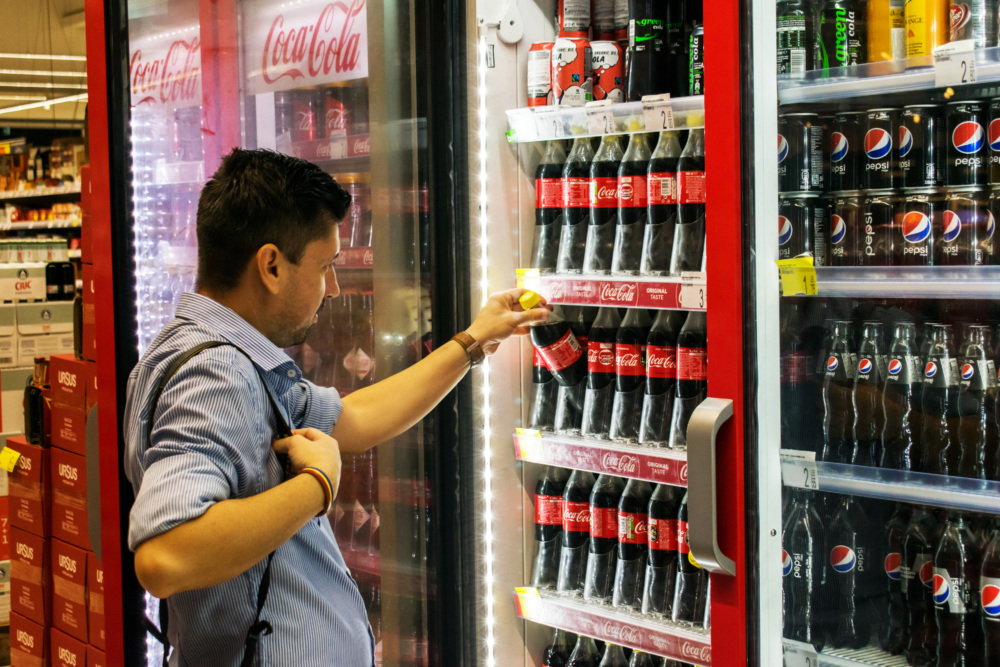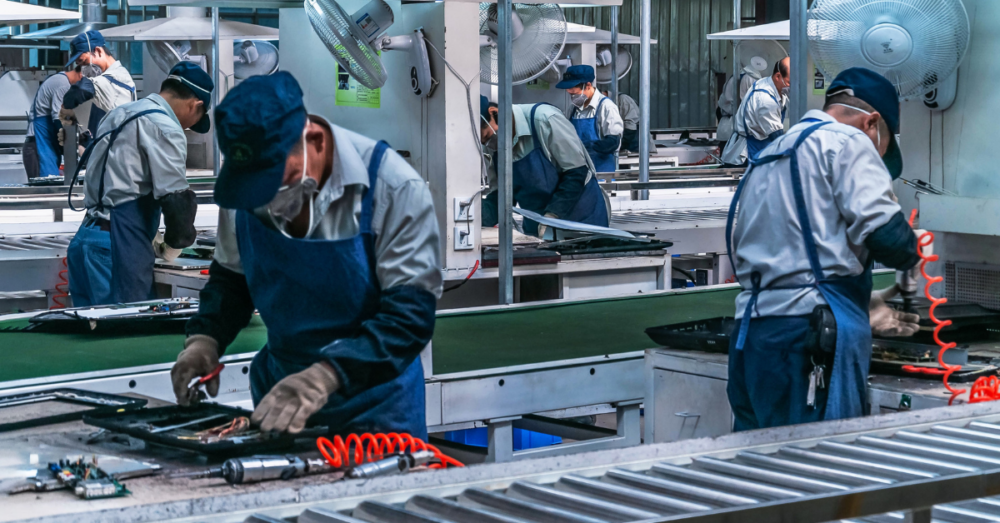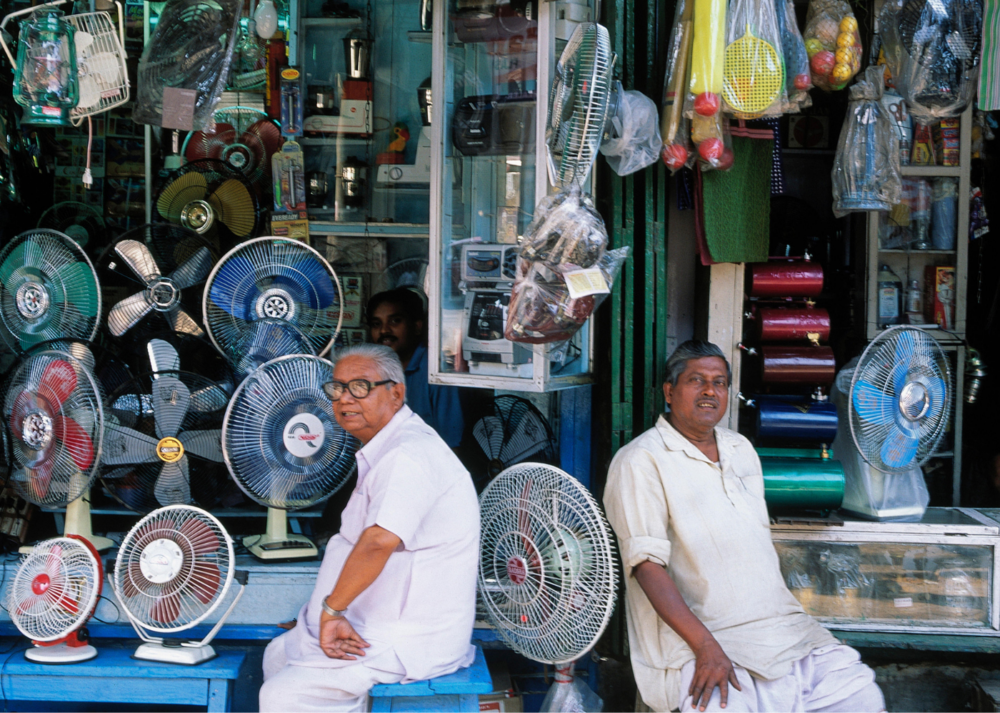BEE Launches Endorsement Labels for Notebooks, Laptops
The Bureau of Energy Efficiency (BEE) has launched a Voluntary Endorsement Label – BEE STAR Ver 1 – for notebook computers/laptops, which will indicate that the product is among the most energy efficient models available in the Indian market. The label provides an endorsement indicating that a product meets specified criteria of energy efficiency. The purpose of endorsement labeling is to indicate clearly to the consumer that the labeled product saves energy compared to other similar products in the category.
The “BEE STAR Ver 1” label is similar to the “ENERGY STAR” label, which is an international standard for endorsement of energy efficient products. It was first created as a US government program during the early 1990s, since then Australia, Canada, Japan, New Zealand, Taiwan and the European Union have also adopted the program. Devices carrying the Energy Star label, such as computer products and peripherals, kitchen appliances, buildings and other products, generally use 20%–30% less energy than required by federal standards.
Speaking on the program, Dr Ajay Mathur, Director General of BEE, said, “The BEE STAR endorsement labelling reflects BEE’s commitment to recognize most efficient products available in the Indian market. The BEE STAR label is at par with the ENERGY STAR version 5.2 specifications for computers of US EPA. This assumes great significance because the Indian laptop computer market is growing at a very fast rate to match the rise in India’s urban population. We sincerely thank MAIT for joining us to kick start this initiative and appeal to the ICT industry to help BEE make this endorsement program a success across India.”
The importance of endorsement labeling can be recognized from the fact that India’s urban population is expected to grow about 473 million in 2021 and 820 million by 2051, compared to 285 million in 2001. This shift in population will subsequently increase the penetration of home appliances and equipments. The overall computer market in India is about 10 million which includes both Desktop and Laptop computers. The share of laptop computers in the year 2010 was approximately 34 per cent and rest 66 per cent is the desktop market. The laptop computer market is growing at a very fast rate. The projection for 2011 is 42 per cent laptops and 58 per cent desktops. Total projected combined sales of desktop and laptop computers for year 2011 would be around 12 million. This endorsement program should help save energy from notebook computers. The desktop computers would be added to the programme in due course.
For initial six months from date of the launch of the program, manufacturers can affix the BEE Star label either on the carton box or within product as pre loaded software or on the products itself. After six months, it would be compulsory for manufacturers to put the label both on carton and on products (in software or affixed on the machine).
BEE initiated the Standards and Labeling (S&L) program in India in May 2006 on voluntary basis and the program currently covers the following equipments/appliances under its purview: Frost Free (No-Frost) refrigerators, Tubular Fluorescent Lamps, Room Air Conditioners, Direct Cool Refrigerators, Distribution Transformers, Induction Motors, Pump Sets, Ceiling Fans, LPG stoves, Electric Geysers, Color Televisions and Washing Machines. Since January 2010, the S&L program for Frost Free Refrigerators, Room Air Conditioners, Tubular Fluorescent Lamps and Distribution Transformers has been made mandatory.
The energy efficiency labeling and standards setting program under the BEE is intended to reduce the energy consumption of appliance without diminishing the services it provides to consumers. The scheme aims at providing information on energy performance of appliances based on the standards issued by BEE so that the consumers can make informed decisions while purchasing appliances.
In addition to the objective of informed choices to consumers, this program leads to huge energy savings and thereby the cost savings, reduces capital investment in energy supply infrastructure, enhances the product quality, strengthens the competitive markets, builds position for domestic industries to compete in such markets where norms for energy efficiency are mandatory, removes indirect barriers to trade, reduces carbon emission and helps meet climate change goals.
Some of the key stakeholders of BEE standards and labeling program for computers are Manufacturers’ Association for Information Technology (MAIT), consumer organization Voice, Bureau of India Standards (BIS), independent testing laboratories such as Electronics Regional Test Laboratory (ERTL), Intertek, Underwriters Laboratories and international organizations CLASP and ICF among others.
Information from: APN News









